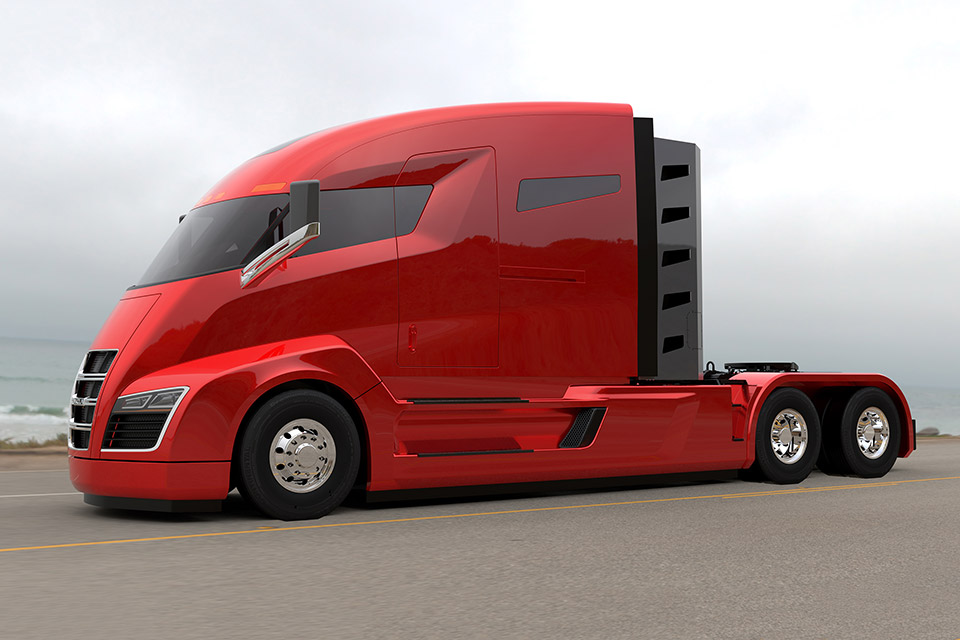Pros and cons of Electric Semi-Trucks
2 min read
Electric semi-trucks, also known as EV semi-trucks or electric heavy-duty trucks, are vehicles that are powered by electric motors and run on batteries, rather than traditional fossil fuels like gasoline or diesel. Here are some pros and cons of electric semi-trucks:
Pros:
- Zero emissions: One of the main advantages of electric semi-trucks is that they produce zero emissions, making them a more environmentally friendly option compared to traditional semi-trucks.
- Lower operating costs: Electric semi-trucks have lower operating costs compared to traditional semi-trucks, as they do not require gasoline or diesel fuel. This can lead to significant cost savings for trucking companies.
- Quieter: Electric semi-trucks are typically quieter than diesel-powered trucks, which can be beneficial in urban areas or neighborhoods.
- Improved acceleration: Electric motors have high torque, which can lead to improved acceleration compared to traditional internal combustion engines.
Cons:
- Limited driving range: One of the main drawbacks of electric semi-trucks is that they have a limited driving range compared to traditional semi-trucks. This can be a concern for long-haul trucking routes.
- Limited availability: Electric semi-trucks are still relatively new and are not yet as widely available as traditional semi-trucks. This can make it difficult for trucking companies to find and purchase electric semi-trucks.
- High upfront costs: Electric semi-trucks tend to have higher upfront costs compared to traditional semi-trucks, which can be a deterrent 犀利士
for some trucking companies. - Limited charging infrastructure: The charging infrastructure for electric semi-trucks is still limited, which can make it difficult for truck drivers to find charging stations on long-haul routes.
Overall, electric semi-trucks have the potential to be a more environmentally friendly and cost-effective option for trucking companies, but they also come with some limitations that need to be considered.





